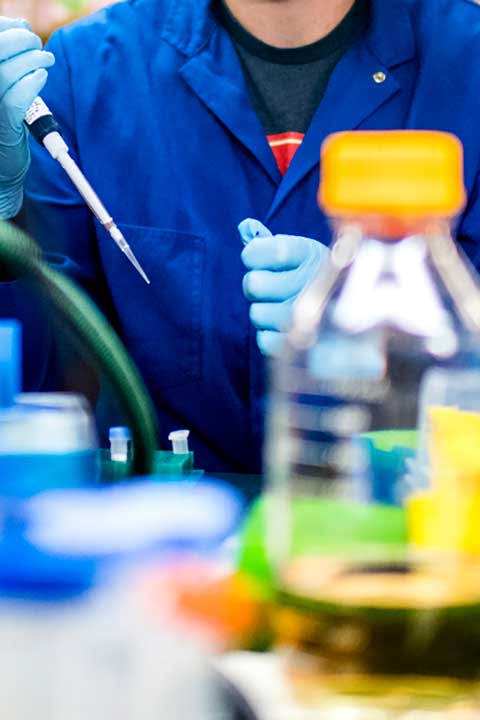
Research
Chemical engineering encompasses a broad range of cutting-edge research. The diverse education that chemical engineers receive allows them to work at the intersection of a variety of different fields, including biology, chemistry, energy, physics, materials science, and other engineering disciplines.
Chemical engineering research at Northeastern is supported by multiple areas: Biomolecular & Biomedical Systems, Complex & Computational Systems, Energy & Sustainability, Engineering Education & Pedagogy, and Materials & Nanotechnology.
The College of Engineering is home to numerous research centers and institutes that push the boundaries of research.
With a premier location in downtown Boston, the department is perfectly located to take advantage of a wealth of collaborations with other universities, as well as local hospitals, medical centers, and industry.
Quick Facts 2024
professional society fellowships
tenured/TT and affiliated faculty
young investigator awards
external research awards (FY2022-24)
Recent News
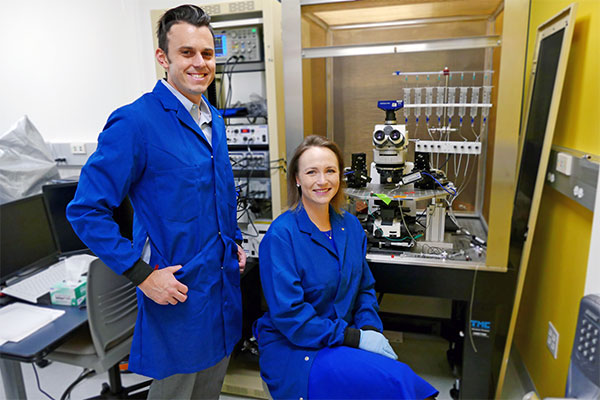
Patent for Using Nasal Stem Cells to Help Repair Damaged Nerves
ChE Associate Professors Ryan Koppes and Abigail Koppes were awarded a patent for “Differentiation of olfactory mucosa derived mesenchymal stem cells to schwann cells for peripheral nerve repair.”
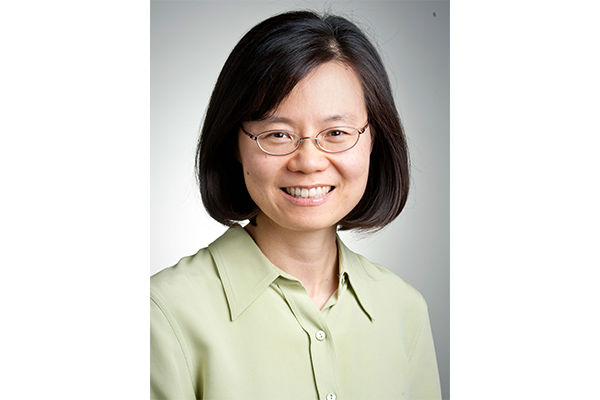
Patent for Increasing the Yield and Safety of Essential Cancer Medicines
ChE/COS Associate Professor Carolyn Lee-Parsons was awarded a patent for “Cultivation and treatment of plants for the production of plant-derived drugs.”
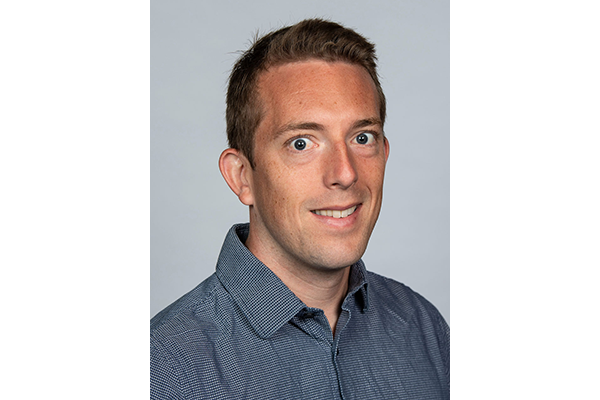
Woolston Receives ARPA-E IGNIITE Award for Biofuel Innovation
ChE Assistant Professor Benjamin Woolston was selected as one of 18 awardees to receive $500K for his project “Combining aerobic and anaerobic metabolism in a single bioreactor for transformative biofuel production metrics from C1 feedstocks” as part of ARPA-E 2025 Inspiring Generations of New Innovators to Impact Technologies in Energy (IGNIITE) program.
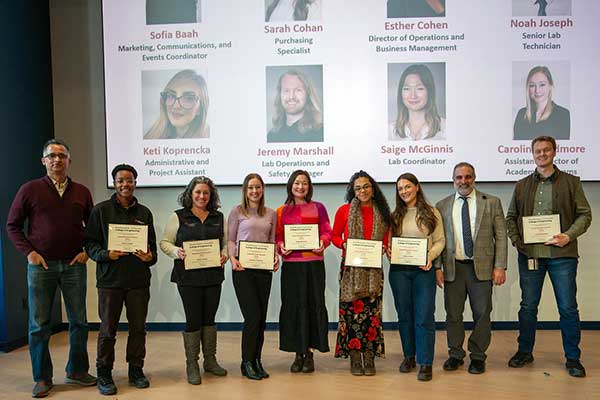
Faculty and Staff Awards 2026
Faculty and staff were recognized at the 28th Annual College of Engineering Faculty and Staff Awards for their exceptional service and dedication in support of students, the COE community, and the university during the 2025-2026 academic year.